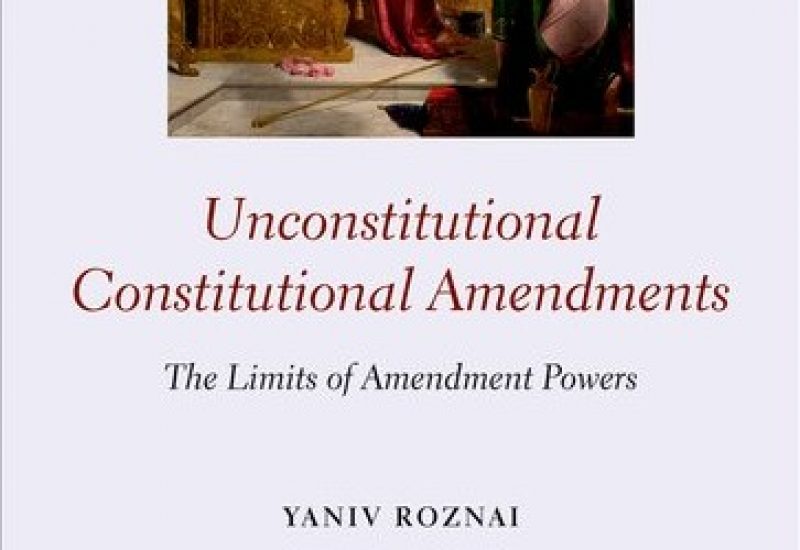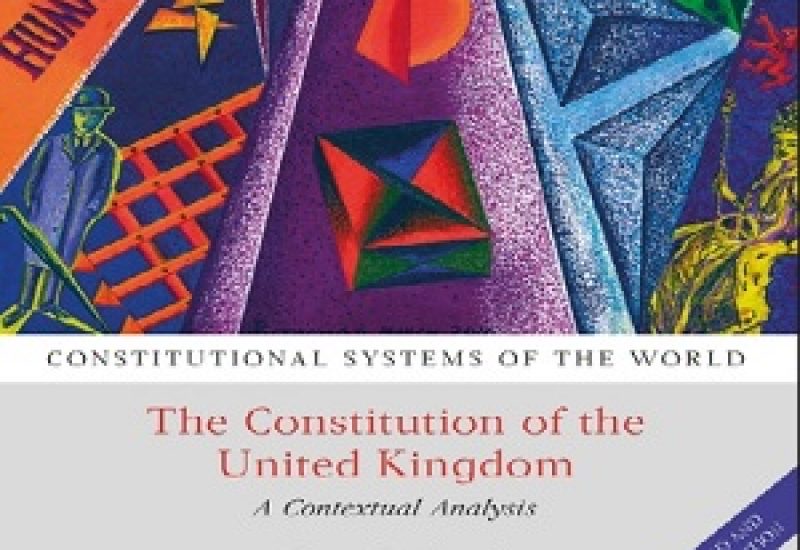- April 26, 2017
- 9:49 am
- Constitutional Change
by Carlos Arturo Villagrán Sandoval, PhD Candidate at Melbourne Law School.
Last week, on April 3rd 2017, the Permanent Council of the Organization of American States held a meeting in order to consider the recent events in Venezuela. They approved by consensus the following resolution:
‘[t]he decisions of the Supreme Court of Venezuela to suspend the powers of the National Assembly and to arrogate them to itself are inconsistent with democratic practice and constitute an alteration of the constitutional order of the Bolivarian Republic of Venezuela.’ The actions of the Venezuelan Supreme Court are the latest in a series of events that amount together to a constitutional disruption within the Latin American region.







